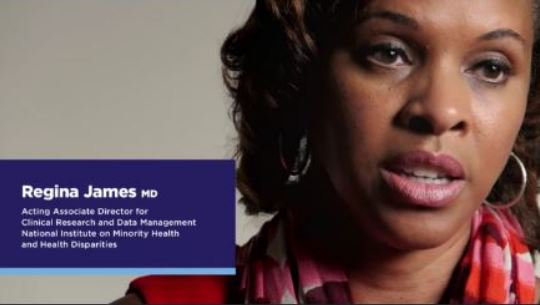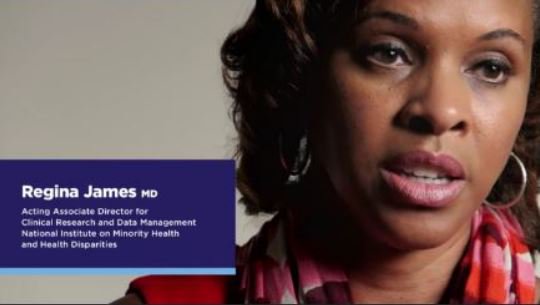[ad_1]
By Lauren E. Williams, Special to the AFRO
Like many traditional institutions in America, our current medical research pool is very White. But, the good news is, the federal government is ready to do something about it.
This month, the National Institutes of Health (NIH) opened enrollment for All of Us, a new research program aimed at closing knowledge gaps and recruiting more diverse research participants nationwide. With the goal of signing up 1 million Americans, the program could advance individualized prevention, treatment and care for people of all backgrounds – especially Black Americans – and be the largest, most diverse resource of its kind.

“All of Us is an ambitious project that has the potential to revolutionize how we study disease and medicine,” U.S. Department of Health and Human Services Secretary Alex Azar said in a press release. “NIH’s unprecedented effort will lay the scientific foundation for a new era of personalized, highly effective health care. We look forward to working with people of all backgrounds to take this major step forward for our nation’s health.”
Black Americans have historically mistrusted the medical profession. So, the lack of Blacks participating in health research is not surprising. But it could be deadly.
Black Americans and other communities that have been underrepresented in prior research studies often have worse health outcomes generally – from higher rates of disease and disability to shorter life expectancies, the All of Us research program said, in an email to the AFRO. Low participation in nationwide research studies can make it even harder for the nation’s top scientists to find out why these poor outcomes continue.
To address these issues, All of Us plans to engage participants and improve relationships between them and researchers. Participants will be able to access their own health information, summary data about the entire participant community, and information about studies and findings that come from the program.
“Building a diverse participant community will be vital to the success of All of Us, so we can address the many pressing health conditions that disproportionately affect underrepresented communities,” said Dr. Dara Richardson-Heron, chief engagement officer of the All of Us research program in a press release. “The All of Us research program has the potential to help researchers better understand and begin chipping away at health disparities so that everyone can benefit from better health, better health care, and exciting new breakthroughs.”
To increase participation, the NIH launched All of Us in seven cities on May 6: Birmingham, Alabama, Chicago, Illinois, Detroit, Michigan; Kansas City, Missouri; Nashville, Tennessee; New York City; and Pasco, Washington. Black community-oriented organizations, including member groups of the National Pan-Hellenic Council, have also partnered with the NIH to help spread the word.
About 30,000 Americans have completed the full All of Us protocol including, filling out surveys, giving blood samples, etc., so far. Of these, about 6,000 reported to be African American or have an African-American family member.
While these numbers are promising, the program has a long way to go. “We’d like more than 50 percent of our cohort to be people of color, and 70-75 percent to come from communities that have historically been underrepresented in research,” an All of Us research program representative told the AFRO.
“The more we learn about our differences, the more tailored our health care can become,” All of Us wrote. “That’s the idea behind the All of Us research program.”
[ad_2]
Source link


